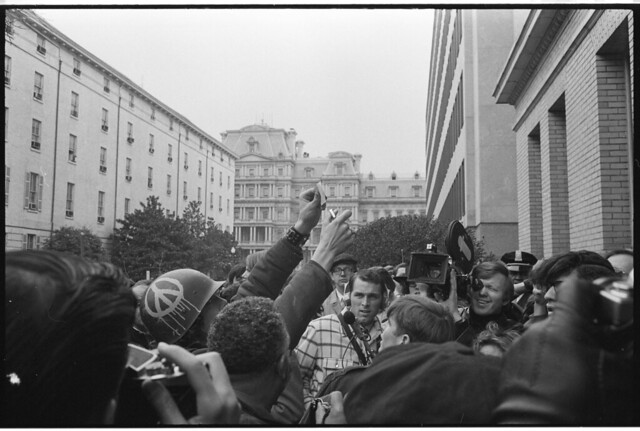 Reposted from Inside Higher Ed; photo of a protest, 1970, courtesy of the Library of Congress via Washington Area Spark.
Reposted from Inside Higher Ed; photo of a protest, 1970, courtesy of the Library of Congress via Washington Area Spark.
We’ve been watching the new documentary series on the Vietnam War, which is excellent but also exhausting and upsetting and full of sparks of memory: Oh, that guy! I remember him. Wait, this thing is about to happen. Look how skinny those soldiers are, carrying all that equipment, just like those guys we knew. It also fills in gaps in memory. I never knew much about the Vietnamese experience. I didn’t realize how many Americans were opposed to the anti-war movement, even after the Kent State killings. A poll at the time found over half of Americans thought the dead students had it coming. I suppose that included the two students shot dead at Jackson State University eleven days later, though they didn’t get as much attention.

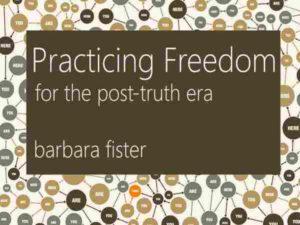
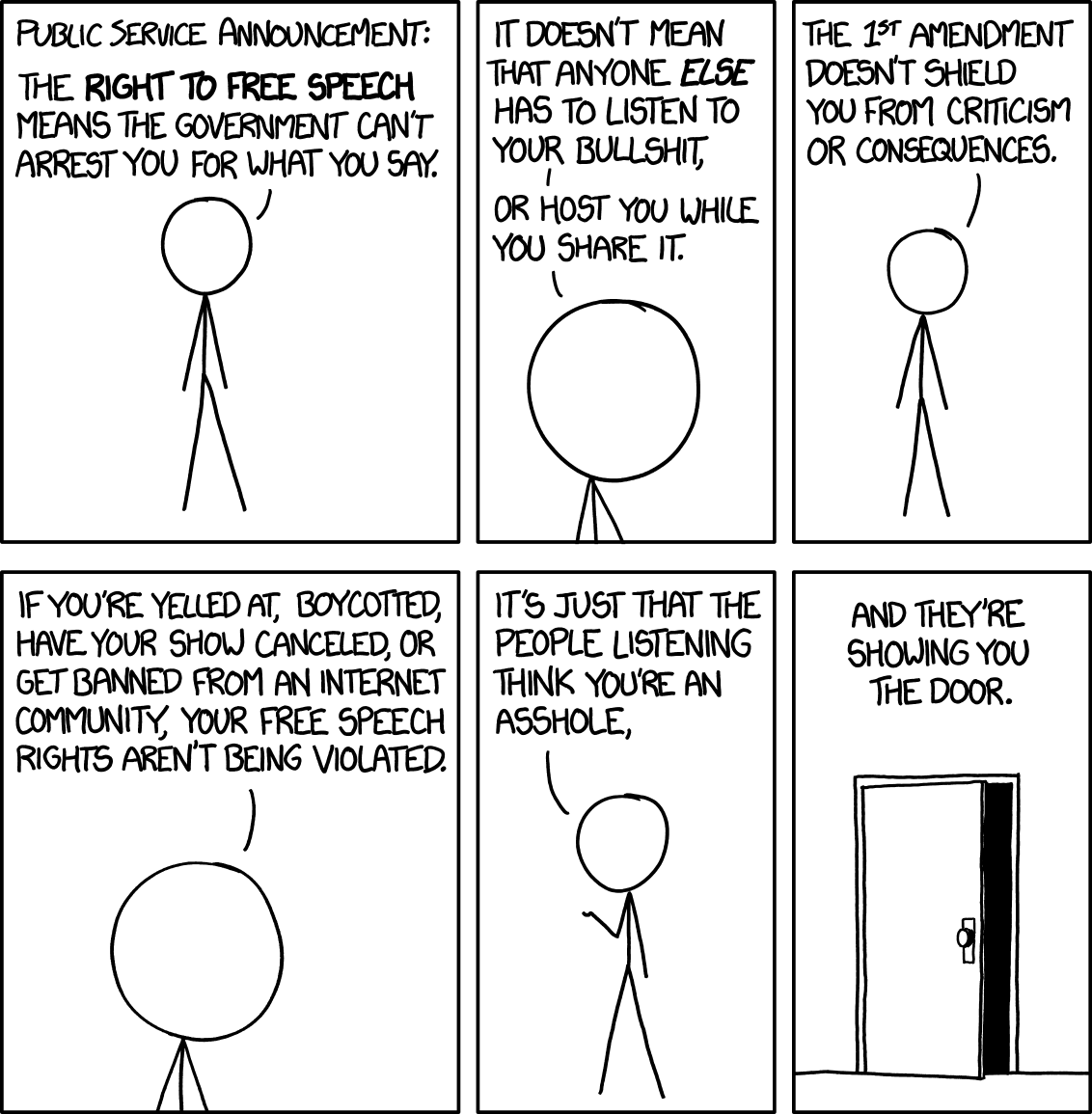
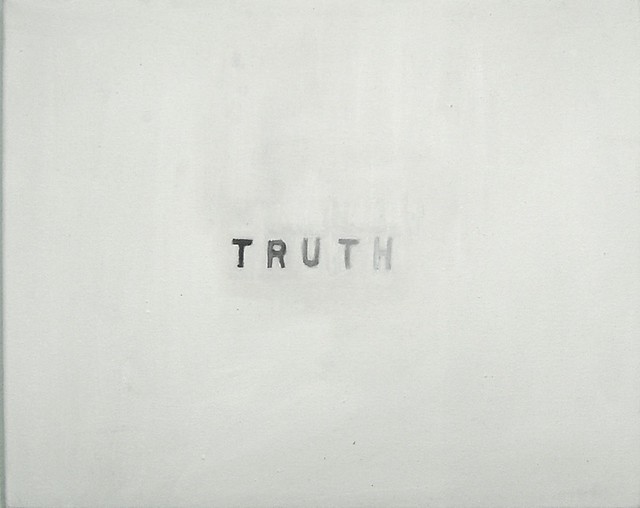 Reposted from
Reposted from 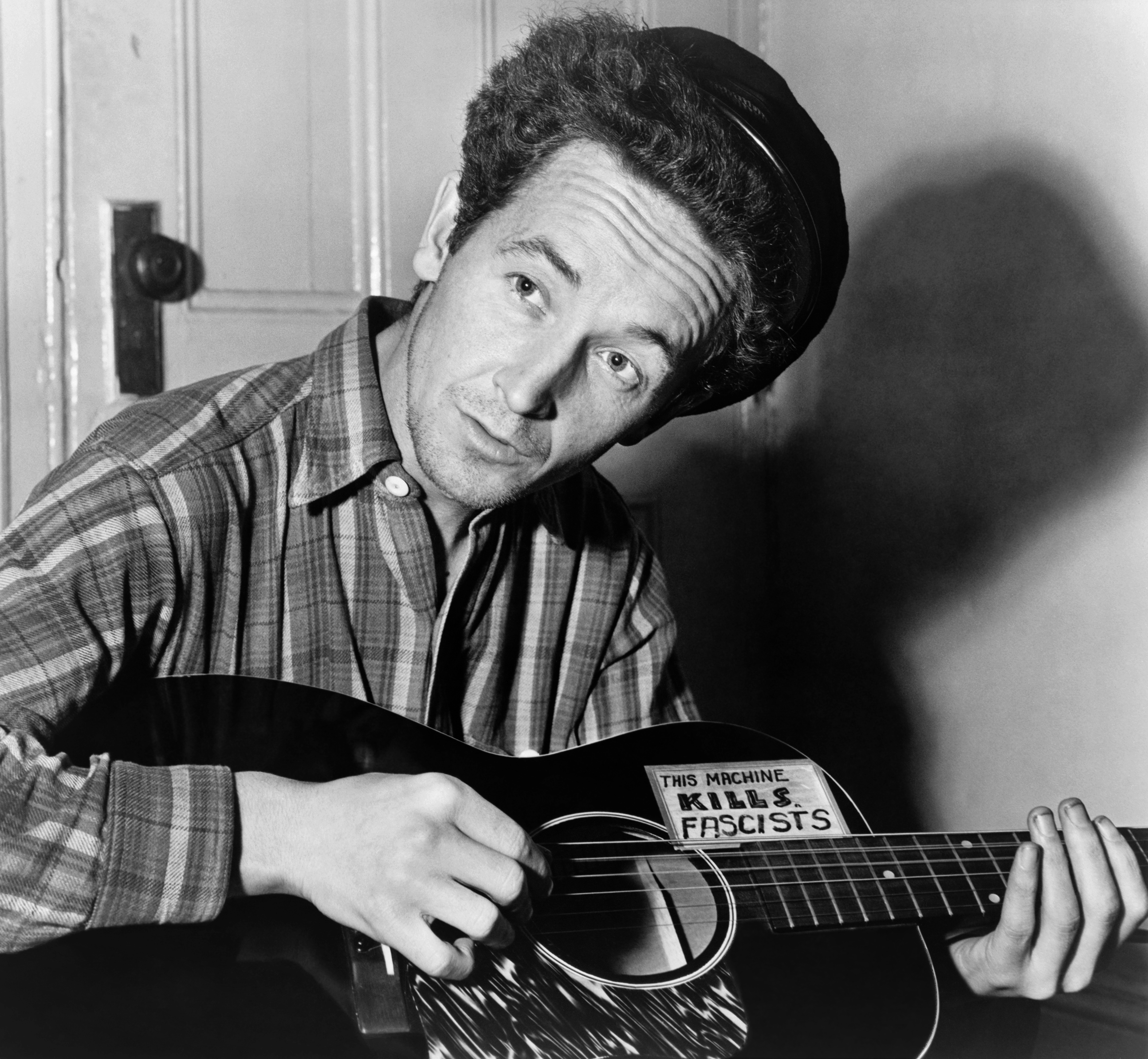
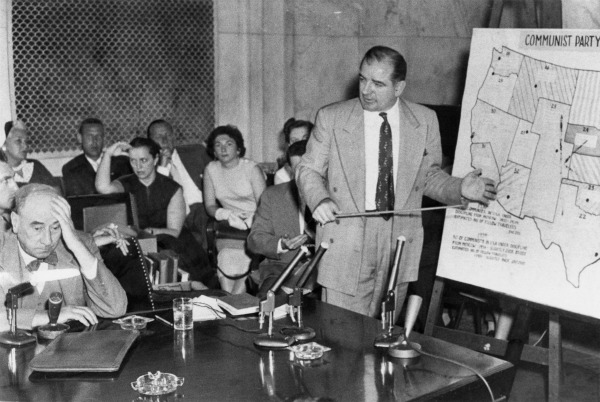
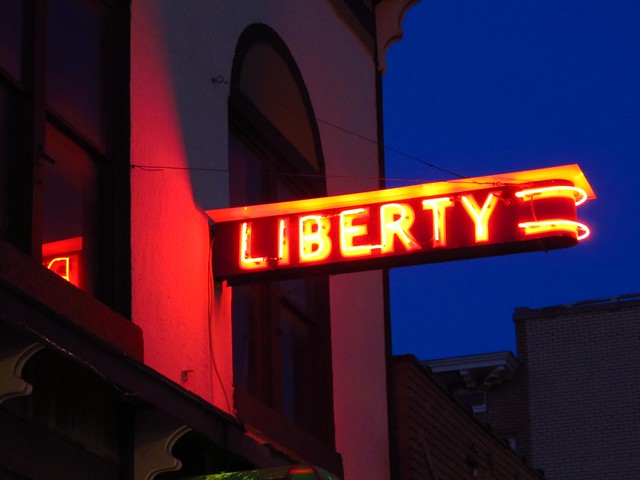 Reposted from
Reposted from  Reposted from
Reposted from